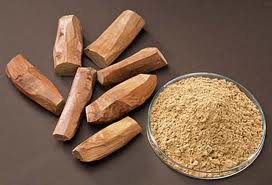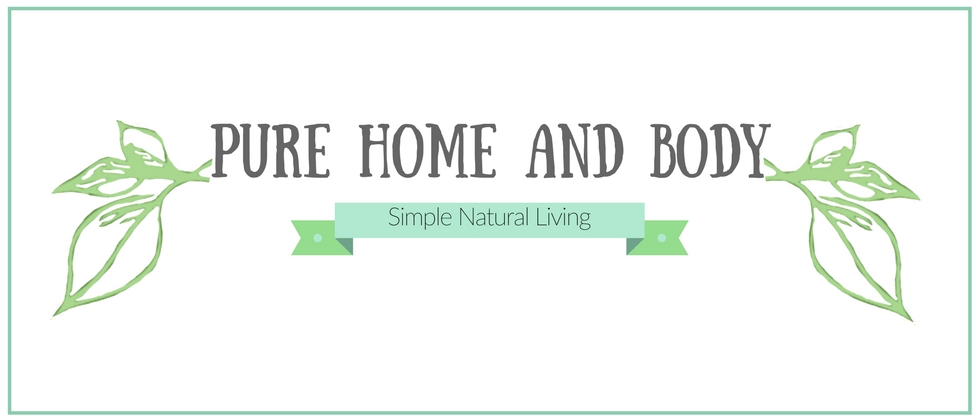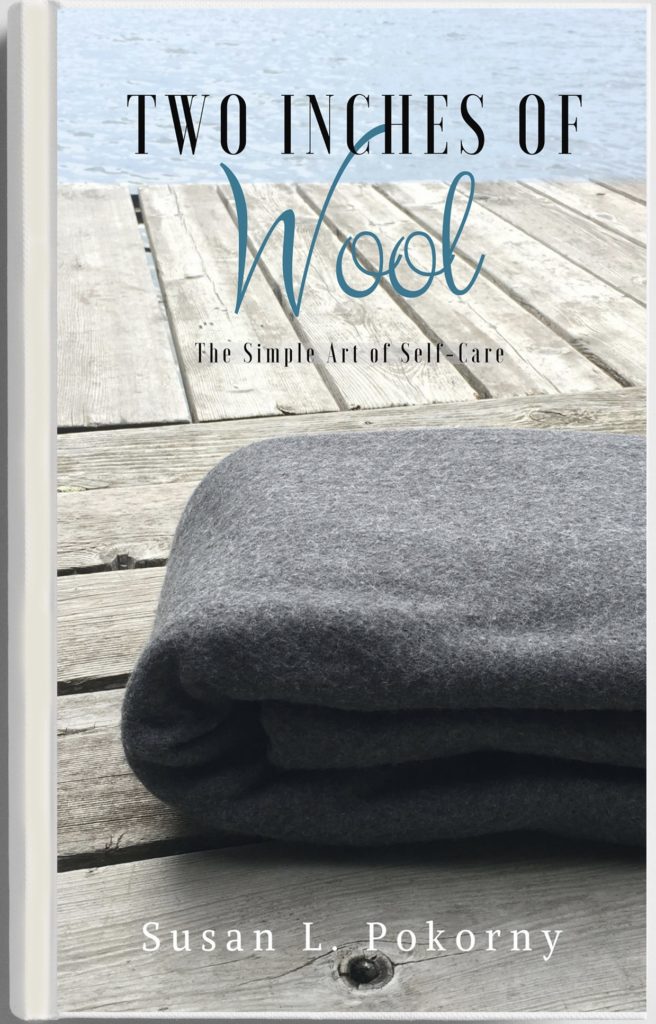(Santalum album) from India is steam distilled from the wood.
Sandalwood is an oil that dates back to biblical times. It has been used in Ayurvedic medicine to revitalize the skin. It is also been researched for possible anti- tumoral and anti- viral infections (herpes simplex, herpes zoster and cold sores). It supports skin health, especially mature skin and scaring associated with signs of aging. Sandalwood may enhances deep sleep by stimulating the pineal gland which releases melatonin. Studies at BYU have found sandalwood protects the DNA of our cells and inhibits many types of cancer cells. Sandalwood is also high in sesquiterpenes, bringing oxygen to the brain and increasing circulation. Sandalwood stimulates the pineal gland which controls levels of melatonin and may help with insomnia.
- Diffuse sandalwood or place a drop in the hand, rub palms together and breathe deeply at bedtime to enhance deep sleep.
- Use as a men’s cologne. Combine with a carrier oil if desired or add to unscented bath and shower gel. Apply neat to the skin as an aftershave to soothe irritated skin and decrease inflammation.
- Use a drop or two for aging chapped skin and wrinkled skin. Apply neat or dilute with a carrier oil.
- Massage into hair and scalp to retard graying and to moisturize the scalp and hair follicles.
- Ingest in capsules in carrier oil or by itself for health benefits, see a desk reference for specific usage ( Using only food grade essential oils)
This information is meant for educational purposes only and is not meant to diagnose, treat or cure any disease.
Benecia F, Courreges, MC. “Antiviral activity of sandalwood oil against herpes simplex viruses-1 and 2.” Phytomedicine. 1999;6(2):119-23.
Dwivedi C, et al.”Chemoprotective effects of sandalwood oil on skin papillomas in mice.” Eur J Cancer Prev. 1997;6(4):399-401.
Paul Schnitzler1,*, Christine Koch1,2 and Jürgen Reichling2. Susceptibility of Drug-Resistant Clinical Herpes Simplex Virus Type 1 Strains to Essential Oils of Ginger, Thyme, Hyssop, and Sandalwood. Antimicrob. Agents Chemother. May 2007 vol. 51 no. 5 1859-1862. http://aac.asm.org/content/51/5/1859.short
Leopold Jirovetz1,*, Gerhard Buchbauer1, Zapriana Denkova2, Albena Stoyanova2, Ivan Murgov2, Valerie Gearon3, Steve Birkbeck3, Erich Schmidt4 andMargit Geissler5.Comparative study on the antimicrobial activities of different sandalwood essential oils of various origin. Flavour and Fragrance Journal
Volume 21, Issue 3, pages 465–468, May/June 2006. http://onlinelibrary.wiley.com/doi/10.1002/ffj.1625/abstract.
Pam Conrad,Cindy Adams. The effects of clinical aromatherapy for anxiety and depression in the high risk postpartum woman – A pilot study. Complementary Therapies in Clinical Practice. Volume 18, Issue 3, August 2012, Pages 164–168.http://www.sciencedirect.com/science/article/pii/S1744388112000400.
Gaye Kyle. Evaluating the effectiveness of aromatherapy in reducing levels of anxiety in palliative care patients: Results of a pilot study.Complementary Therapies in Clinical Practice. Volume 12, Issue 2, May 2006, Pages 148–155. http://www.sciencedirect.com/science/article/pii/S1744388105001246.
K.P Svoboda, , A.N Karavia, V McFarlane. Case study: the effects of selected essential oils on mood, concentration and sleep in a group of 10 students monitored for 5 weeks. International Journal of Aromatherapy. Volume 12, Issue 3, 2002, Pages 157–161. http://www.sciencedirect.com/science/article/pii/S0962456202000814.













No comments yet.